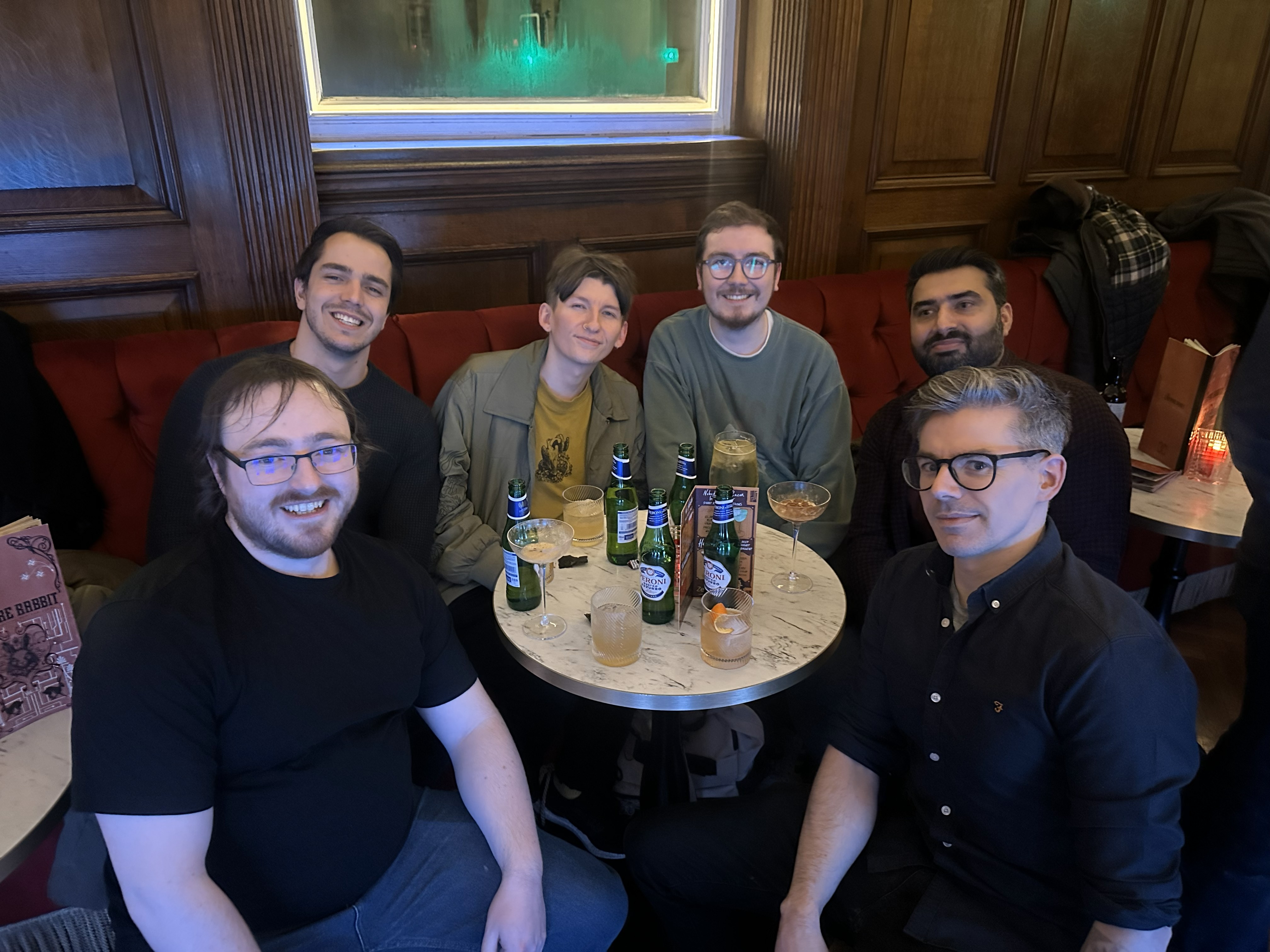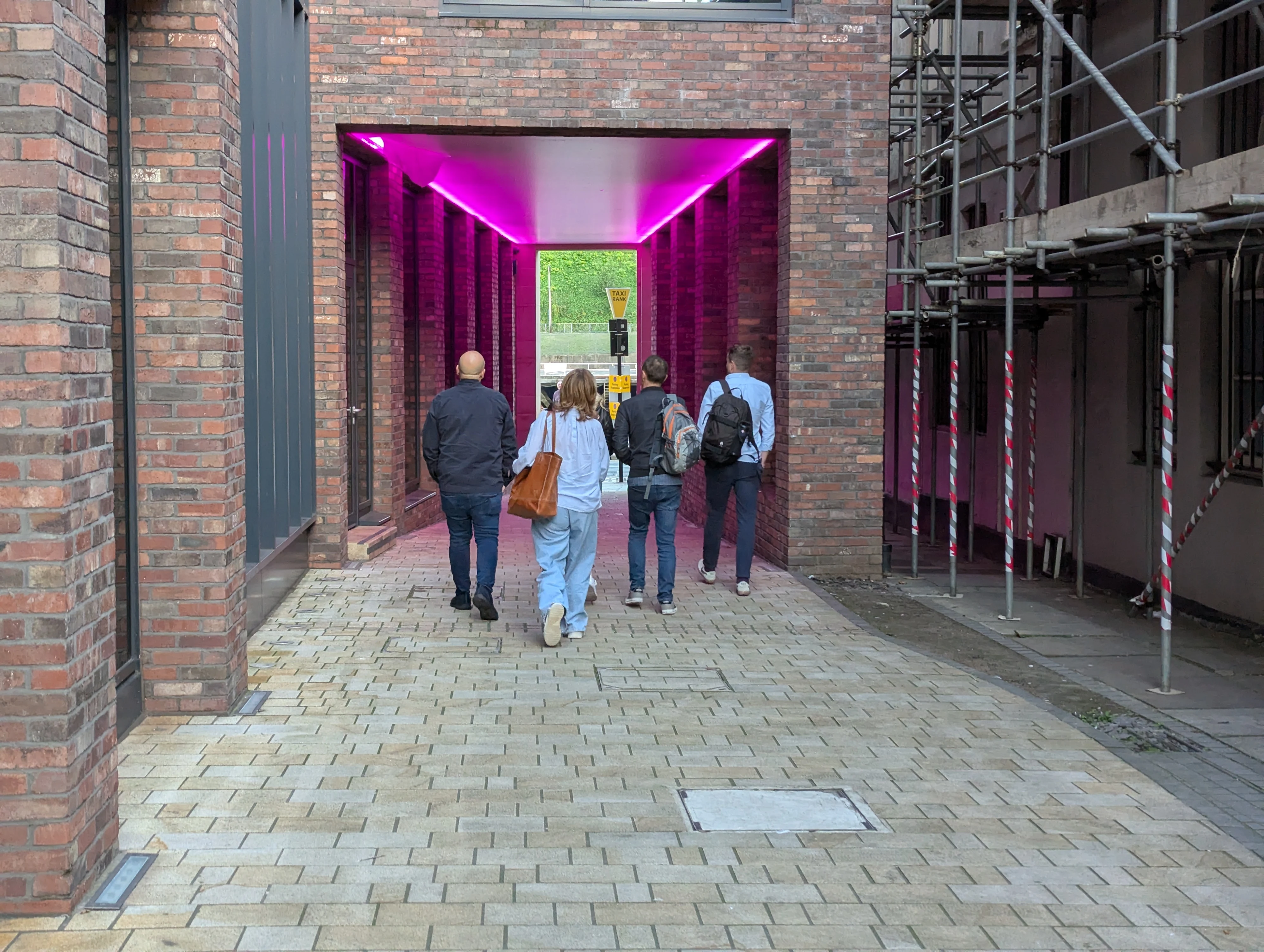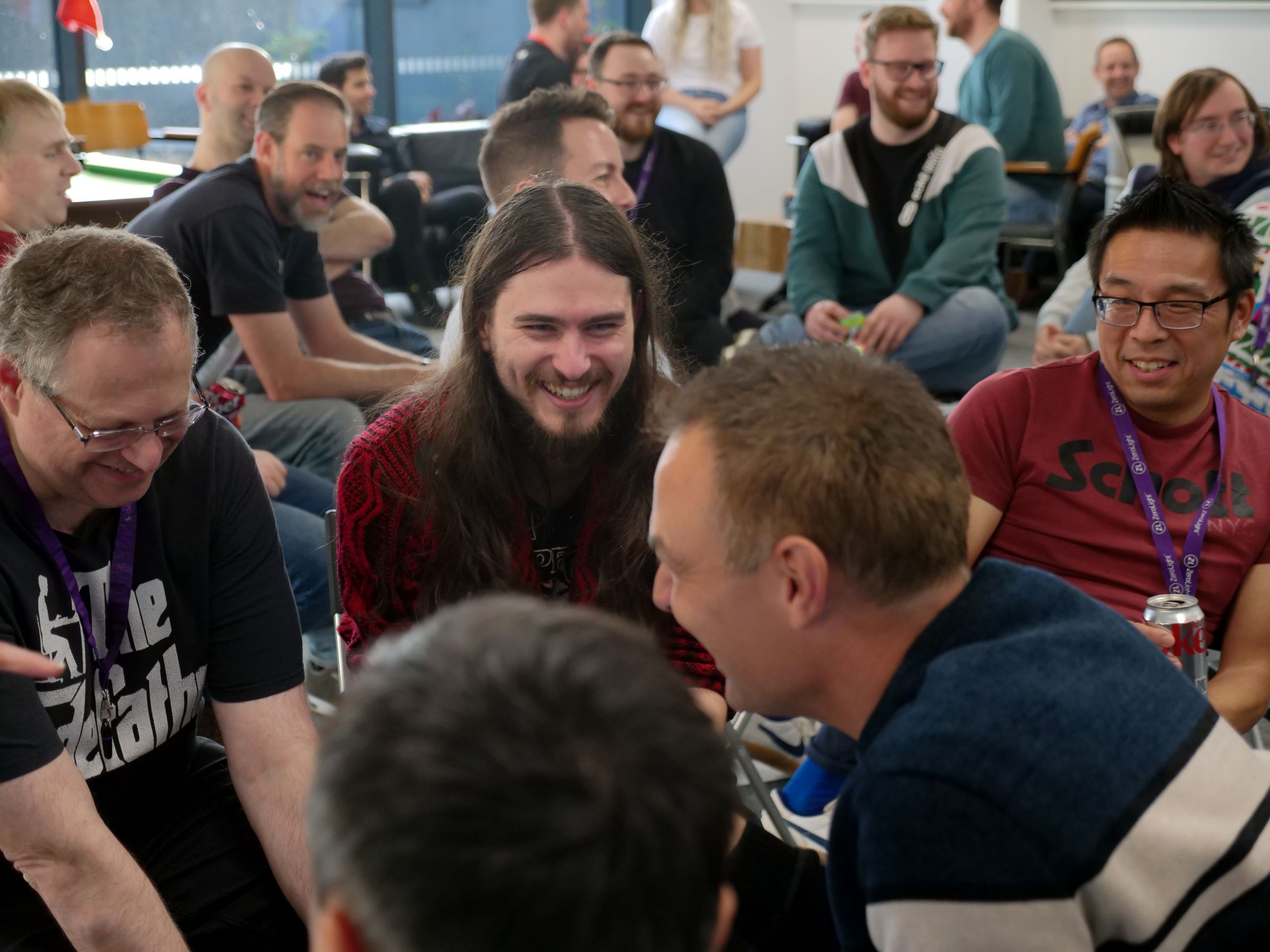Your University course will give you the grounding in core development principals, and getting to grips with general programming practices will be one of the most valuable things you'll take away from your academic career. But if you look around you, there are many other students gaining that same knowledge. What separates those that land those dream positions on competitive graduate schemes from the rest of the crowd?
The answer has very little to do with your degree itself - though you can certainly utilise much of what University has to offer. Put simply, the main component that makes you stand out from everyone else on your degree course is working on your own projects. You can work as hard as you want on set curriculum projects and get great grades as a result, but the person who lands that top job will be the student who did well on all of those Uni assignments AND tinkered with various different projects in their own time.
An example: the most recent student on ZeroLight's Graduate Program, Andrew. It was clear from our initial meeting at ExpoTees (Teesside University's final year showcase) that Andrew was super-passionate about programming. He had his final year project set up and ready for guests to play, but he also had side projects to show, a portfolio site to direct potential employers to, and a great placement story to show he understood the commercial world. Employers were lining up to talk to him.

During his final year, Andrew had competed in various game jams such as Ludum Dare and Codingame. Taking part in challenges like these meant he understood how to work to a deadline and had experience working with different disciplines outside of programming. This microcosm of the studio set-up helped him build his understanding of a commercial environment, and because various companies sponsor these events, he became known to potential employers.
Andrew's ‘home' projects stem from a genuine curiosity about technology. He would advise any student looking for ideas on side projects to start with a base idea. As an example, after finding a step-by-step guide to using a Raspberry Pi3 to make a smart mirror on instructables.com, he added his own extra step by incorporating voice recognition so he could ask for weather / traffic information before driving anywhere. This idea of taking an existing project and adding one small feature (especially something in a new programming language) is a really great way to make yourself more versatile.
Doing your research on what isn't included in your degree curriculum but is being used in a commercial setting - particularly by thoe tech companies you're interested in - is a great place to start. Trying a something completely new and planning your approach will be a useful skill to start developing at University, and it will mean that those initial challenges in your first tech role won't be as daunting.
If you've taken part in these activities over your final year, make sure they are front and centre on your CV. Include them in your portfolio site and add an evaluation - what went well, what went wrong and how did you overcome this? Dedicate some time into events like your final year showcase, particularly if these involve meeting employers; really consider how you will present yourself and your work, and prepare your pitch ahead of time.

Finally, many employers prefer you to apply to them directly if you are a graduate, so resist the lure of recruitment agents asking to represent you. Some employers refuse to accept graduate CVs from agencies like this, so you may actually be limiting your choices by being represented by an external recruiter at this stage in your career. Employers would much rather receive an application directly from the student who has undertaken full research on the company and boasts a great portfolio than an anonymous CV from a recruitment agent. Don't fall at the final hurdle by appearing too lazy to do your own research and send your applications direct.
In Summary:
1. Your University course will give you a great understanding of core concepts and practices; ensure that you get to grips with these as a starting point.
2. Seek out external projects: get together with like-minded students from other degrees and produce something as a team. Game Jams and Hackathons are great opportunities to showcase what you can do and network with potential employers.
3. Use your curiosity about technology to explore your own personal projects.
4. Apply to your choice of employers directly.
If you are interested in finding out more about our Internship Program please email careers@zerolight.com and check our current vacancies
Erin Turnbull - Talent Development Manager (LinkedIn)












